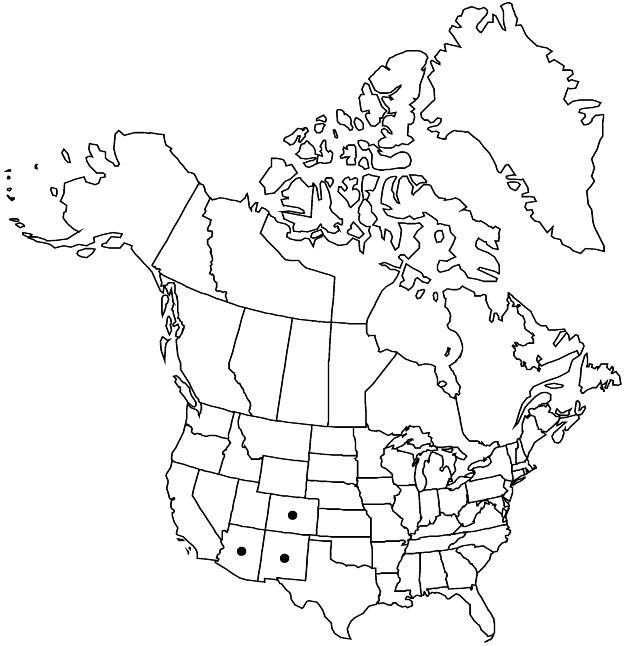Difference between revisions of "Potentilla subviscosa"
Bull. Torrey Bot. Club 8: 97. 1881.
FNA>Volume Importer |
FNA>Volume Importer |
||
| Line 13: | Line 13: | ||
}}{{Treatment/ID/Special_status | }}{{Treatment/ID/Special_status | ||
|code=F | |code=F | ||
| − | |label= | + | |label=Illustrated |
}} | }} | ||
|basionyms= | |basionyms= | ||
| Line 51: | Line 51: | ||
-->{{#Taxon: | -->{{#Taxon: | ||
name=Potentilla subviscosa | name=Potentilla subviscosa | ||
| − | |||
|authority=Greene | |authority=Greene | ||
|rank=species | |rank=species | ||
| Line 62: | Line 61: | ||
|publication title=Bull. Torrey Bot. Club | |publication title=Bull. Torrey Bot. Club | ||
|publication year=1881 | |publication year=1881 | ||
| − | |special status=Endemic; | + | |special status=Endemic;Illustrated |
| − | |source xml=https://jpend@bitbucket.org/aafc-mbb/fna-data-curation.git/src/ | + | |source xml=https://jpend@bitbucket.org/aafc-mbb/fna-data-curation.git/src/f50eec43f223ca0e34566be0b046453a0960e173/coarse_grained_fna_xml/V9/V9_270.xml |
|subfamily=Rosaceae subfam. Rosoideae | |subfamily=Rosaceae subfam. Rosoideae | ||
|tribe=Rosaceae tribe Potentilleae | |tribe=Rosaceae tribe Potentilleae | ||
Revision as of 22:39, 16 December 2019
Short hairs well differentiated from long hairs, ± abundant to dense throughout. Stems 0.2–1.5(–2) dm. Basal leaves palmate, rarely ternate, (1–)2–7(–18) cm; petiole (0.5–)1–5(–11) cm, long hairs sparse to abundant, ± spreading (to ascending), 1–3(–4) mm, ± weak, glands ± abundant; leaflets (3–)5(–7), central flabellate to obovate-cuneate or oblanceolate, (0.5–)1–3(–8) × 0.5–2 cm, not or ± petiolulate, distal 2/3–3/4 of margins evenly to unevenly incised 1/5–3/4 to midvein, sometimes deeply lobed as well, teeth 2–9 per side (some secondarily toothed as well), surfaces green, long hairs sparse to common, 1–2 mm (late-season leaves and adaxial surfaces sometimes nearly glabrate), glands sparse to abundant. Inflorescences (1–)3–15-flowered. Pedicels 0.5–1.5(–2) cm. Flowers: epicalyx bractlets lanceolate-elliptic, 1.5–3(–5) × 0.5–1.5 mm; hypanthium 2.5–4 mm diam.; sepals (2.5–)3–5(–6) mm, apex ± acute; petals nearly white abaxially, pale yellow adaxially, narrowly obcordate, 3–6(–8) × 2.5–5 mm; filaments 1.5–2.5 mm, anthers 0.5–1 mm; carpels 4–12, styles 2–3 mm. Achenes 1.5–2 mm, ± rugose.
Distribution

w United States.
Discussion
Varieties 2 (2 in the flora).
Selected References
None.
Key
| 1 | Leaves often notably seasonally dimorphic; leaflets: early-season evenly to unevenly incised 1/2–3/4 to midvein (sometimes deeply lobed as well), teeth 3–7 per side (sometimes secondarily toothed); late-season evenly incised 1/5–1/4 to midvein, teeth 6–9 per side; petioles: long hairs 1–1.5(–3) mm; n Arizona and New Mexico, barely entering Colorado. | Potentilla subviscosa var. subviscosa |
| 1 | Leaves not notably seasonally dimorphic; leaflets ± evenly incised 1/4–1/2 to midvein, teeth 2–4(–6 in late-season) per side; petioles: long hairs 2–3(–4) mm; Santa Catalina and Rincon mountains and Sierra Ancha, se Arizona. | Potentilla subviscosa var. ramulosa |